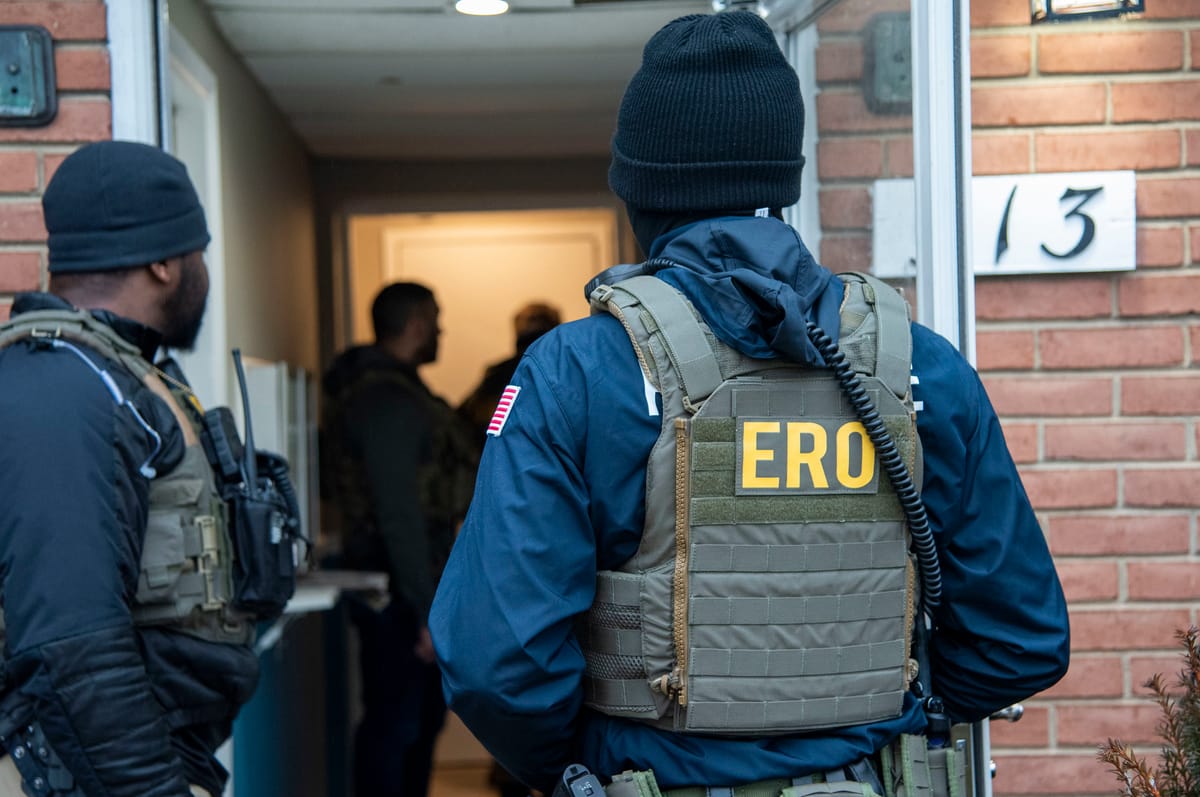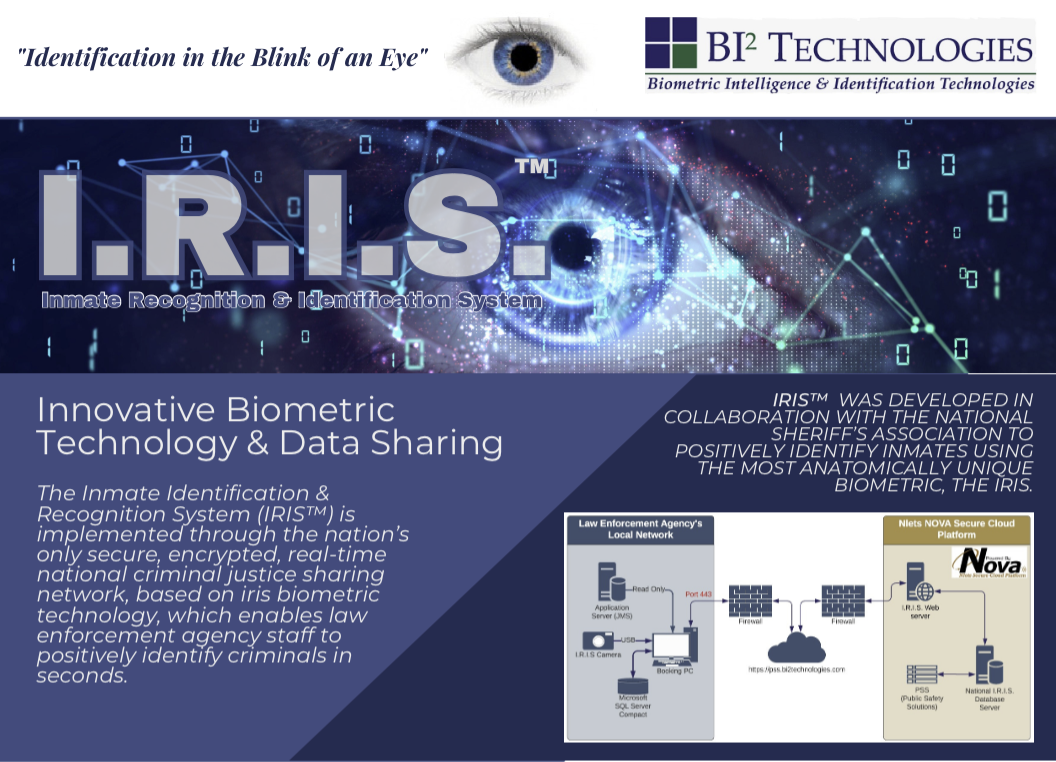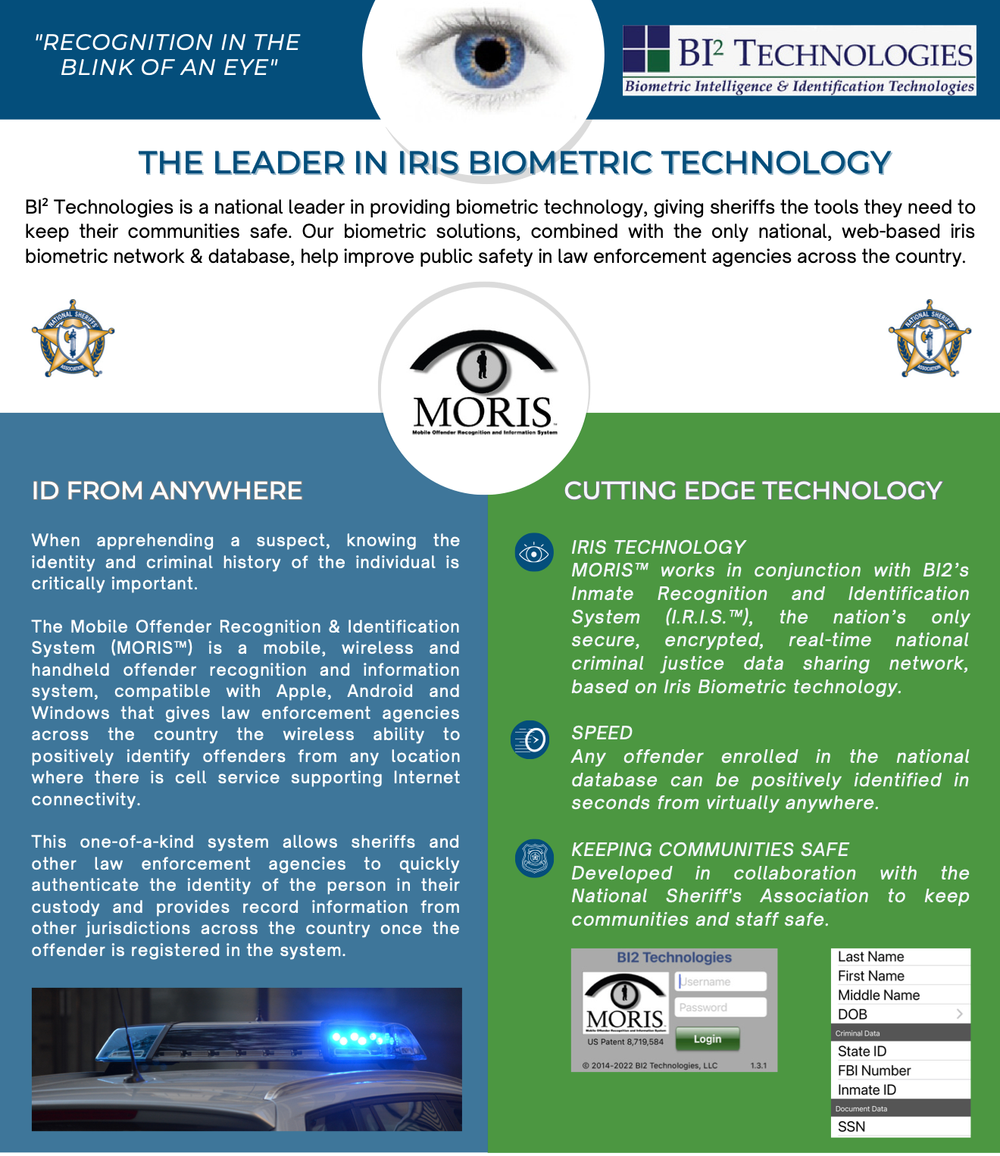
DHS is buying mobile iris scanning tech for ICE's deportation arm
ICE is procuring BI² Technologies’ I.R.I.S. and MORIS systems to strengthen its Enforcement and Removal Operations, focusing on deportations. These systems capture over 265 unique iris characteristics for rapid identity verification. “The I.R.I.S.™ system captures over 265 points of unique characteristics in formulating its algorithmic template,” BI²’s website claims, enabling identification in seconds across field and detention environments.

The sole-source contract with BI², a Massachusetts-based company, bypasses competitive bidding, sparking concerns about procurement transparency and oversight. These systems integrate with DHS databases, including the Sex Offender Registry, Child Project, and Senior Safety Net, raising fears of unchecked biometric surveillance expansion. No clear data protection measures or guardrails have been disclosed.
MORIS, operable on Apple and Android devices, queries national databases to identify enrolled individuals instantly. “This will enable Sheriff’s staff to positively identify previously enrolled individuals in seconds,” BI² president Sean G. Mullin declared in a 2017 press release. DHS Assistant Secretary Tricia McLaughlin confirmed ICE’s prior contracts with BI², indicating sustained reliance on their technology.

This acquisition follows ICE’s use of the Mobile Fortify facial recognition app, which queries state and federal databases, including CBP images, to flag individuals for deportation. The combined use of iris and facial recognition technologies under Trump’s immigration policies intensifies civil liberties concerns, particularly regarding mass surveillance and potential misuse of sensitive biometric data.
